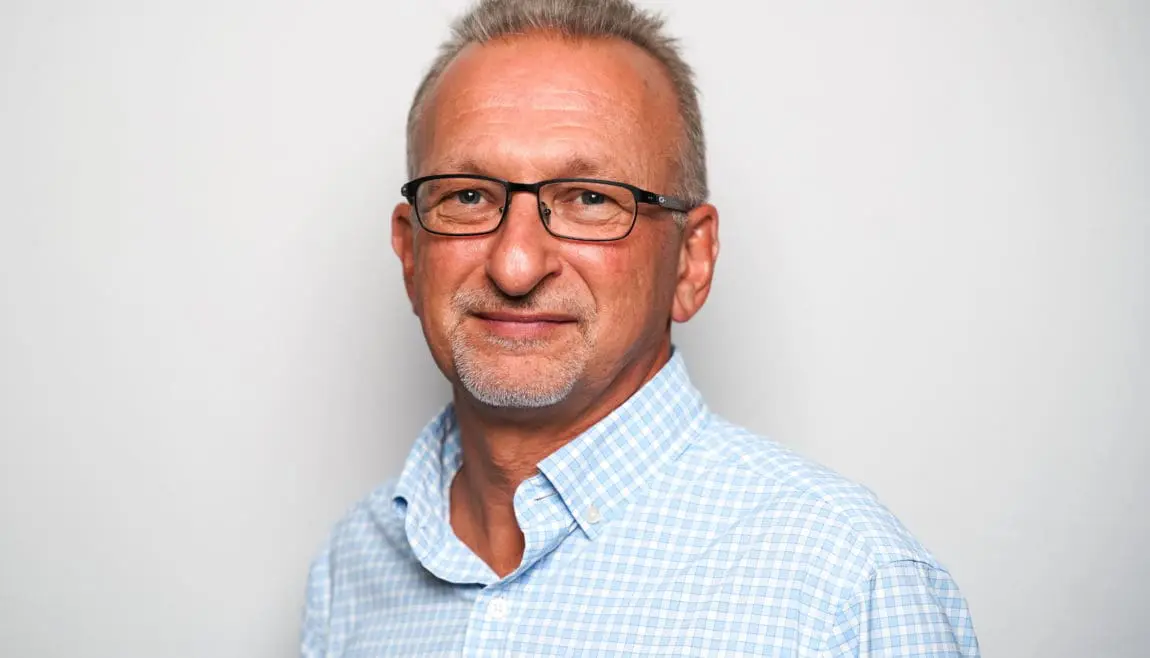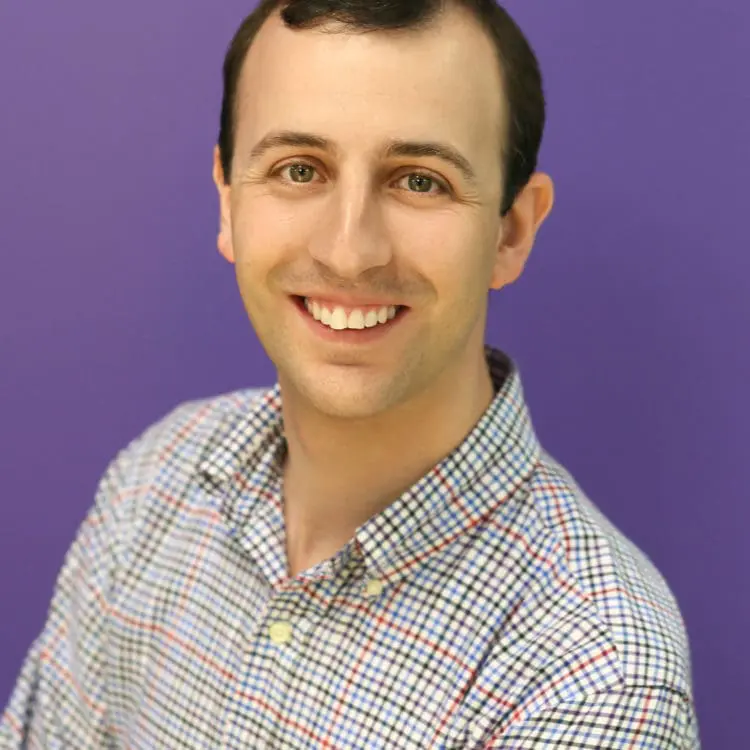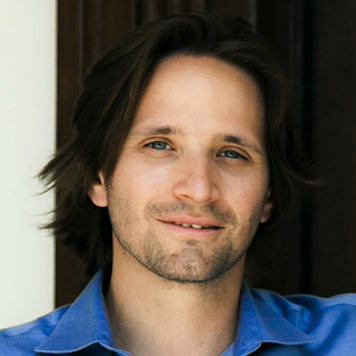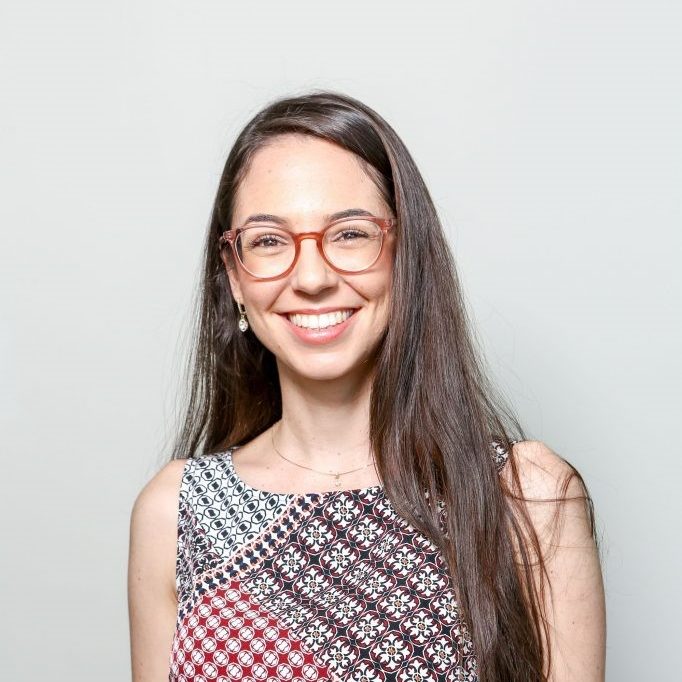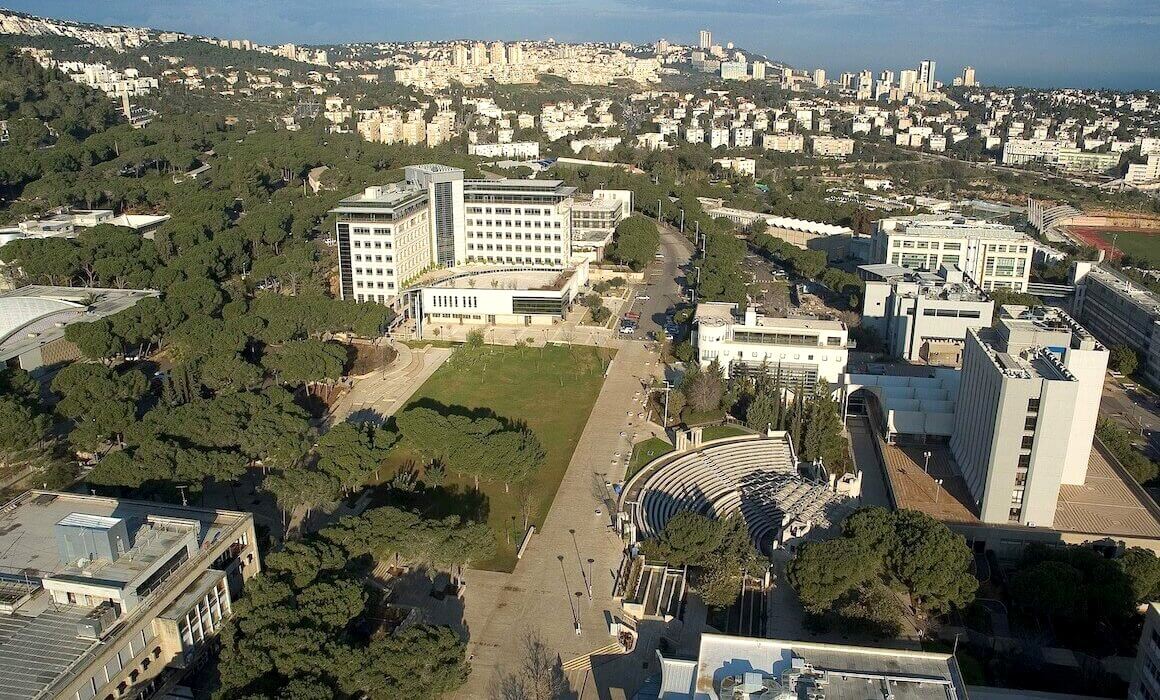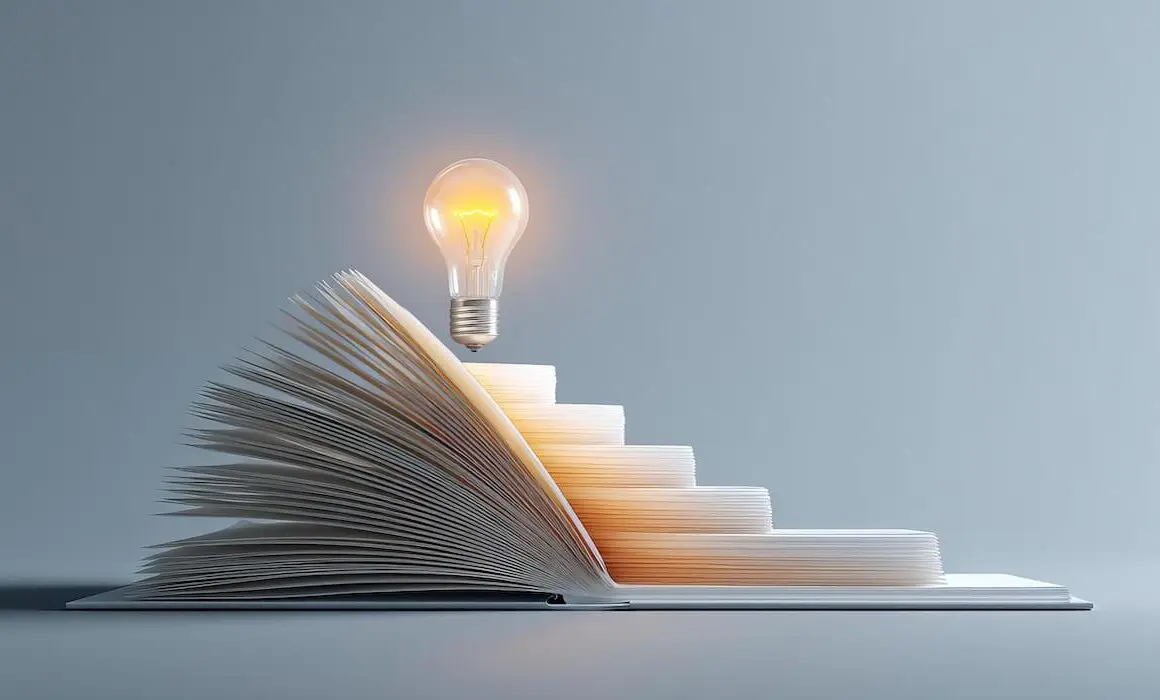Sabras of Silicon Valley

Whether lured by Stanford University, tech startups, or California sunshine and cypress trees, many Israelis living in the U.S. have made Silicon Valley a second home. By some estimates, there are upwards of 2,000 Technion alumni in Silicon Valley, many holding senior positions in engineering, operations management, and investment management. “They are making a significant impact,” said Jacques Benkoski ’85, a partner at U.S. Venture Partners (USVP) and board member of ATS – Northern California.
Pictured Above / Jacques Benkoski ’85
“As a Technion alumnus, I know firsthand the quality of the education and the community’s influence on my professional life. Many of our investments at USVP have had Technion graduates in their core teams,” said Benkoski. For sure, the Technion has prepared its students to be competitive on the global stage, and Ziv Lautman ’12 is one of those people.
After studying environmental engineering at the Technion, Lautman entered his air pollution technology, BreezoMeter, into the prestigious BizTEC competition — and won. “The Technion adopted us early on, taking us on U.S. tours to connect us with prospective funders, driving the company forward,” he said. In 2015, Lautman moved to San Francisco, where he successfully expanded BreezoMeter. Now he has switched gears
Lautman has recently returned to academia as a Ph.D. candidate at Stanford University’s School of Engineering & Medicine, working in the structural biology lab of fellow Technion graduate Dr. Adam de la Zerda ’05. “My passion is to improve people’s lives,” Lautman said. “Health care and the environment go hand in hand. So for me, it was an obvious transition.” Lautman, a self-described “scientist in mind and entrepreneur at heart,” was also attracted to de la Zerda’s enterprising bent. Last year, de la Zerda’s company Visby Medical invented a portable test for viruses, the first FDA-approved coronavirus device for point-of-care use.
Lautman and de la Zerda are researching the non-invasive imaging modality optical coherence tomography (OCT), which offers high-resolution imaging at the cellular level. The nascent technology is currently used in ophthalmology. Lautman and his team are advancing it to study various brain diseases including glioblastoma, an aggressive brain cancer.
Lautman lives on the Stanford campus with his wife and two children and is active on the ATS – Silicon Valley board. “I was lucky to receive a full, four-year scholarship at Technion that enabled me to immerse myself in study, and it had an enormously positive effect on my career,” he said. “So I wanted to contribute back.” He attends ATS events, where he has grown his circle of Technion alumni.
![]()
Pictured Above / Yaron Hadad, Adi Hanuka, Ziv Lautman
ATS – Silicon Valley: A Haven for Alumni
“I was a new mom, had a new job, and was in a new country,” Adi Hanuka ’13, Ph.D. ’18, postdoc ’19 recalled. “It wasn’t easy.” Hanuka left Israel for Silicon Valley in February 2019 for a post as an AI research scientist at Stanford Linear Accelerator Center (SLAC), one of 17 U.S. Department of Energy national labs. The local ATS provided instant community, easing the challenges of relocation, and even outfitting her baby (the first of two) in a Technion-logoed onesie.
Like Lautman, Hanuka tapped into her entrepreneurial side early on. As a Technion Ph.D. student, Hanuka invented an eyelid motion monitor that attaches to ordinary eyeglasses to diagnose eye and neurological diseases. She also earned a place on Forbes Israel’s 30 Under 30 list of promising young scientists, for her work advancing the accelerator-on-a chip. That technology shrinks enormous particle accelerators into a portable device that is affordable and accessible for a variety of uses, including medical radiation, security, and the semiconductor industry.
After one year of postdoctoral research at the Technion, Hanuka landed a second postdoc at SLAC. The world-renowned particle physics laboratory had just received funding to research machine learning in particle accelerators. “It was an interesting opportunity to explore the fascinating interplay between machine learning and particle accelerator physics,” she said. Not only was she successful with the task at hand, but she has since published on three different projects that have pioneered new ground in the field. The latest research pairs machine learning with physics to optimize particle accelerator performance.
Now Hanuka is on the move again. In June, she joined Eikon Therapeutics, a drug discovery company co-founded by the Nobel Prize-winning physicist Eric Betzig. “Eikon was in a unique position to take advantage of the methods we developed for particle accelerators, and apply them to drug discovery,” she said.
“Some of the most talented people I’ve met here are Technion alumni,” said Yaron Hadad ’06, who knew Lautman from the Technion and met Hanuka at a barbecue this past summer.
Hadad got his first break in the army. He was recruited for intelligence, but an administrative error landed him in the equipment unit working as a truck driver. Determined to clear up such inefficiencies, Hadad built a computer system to match incoming soldiers with their optimal assignment. His system saved the Israel Defense Forces millions of dollars, lowered dropout rates by 50%, earned Hadad the Chief of Staff Award, and likely helped get him into the Technion.
Hadad eventually graduated cum laude in mathematics and physics, but the Technion was tough. “It was insanely rigorous and competitive. The first year was a complete shock,” he recalled. In 2011, while doing his Ph.D. at the University of Arizona, he co-founded digital health startup Nutrino. Using state-of-the-art data science to analyze an individual’s food, sleep, and activity patterns, Nutrino creates a personalized assessment, or FoodPrint — namely what foods are best for an individual.
In 2016, he moved to Silicon Valley to grow his company. Two years later it was acquired by the global medical technology company Medtronic to augment its diabetes capabilities. “Joining Medtronic gave us the opportunity to take what we’ve been dreaming about and bring it to real scale,” said Hadad, vice president of AI and data science of the diabetes business at Medtronic.
He is active on the local ATS board, where he has made close friends of all ages. “Alumni in the U.S. buy T-shirts and signs for their cars. Israel doesn’t have that culture. This is my way of giving back, and I love it,” said Hadad, who lives with his wife and toddler-aged son.
Hadad credits his alma mater for providing the building blocks of his success. “I could say the Technion taught me how to do calculus, solve differential equations, and how physics works,” he said. “But I don’t think that was most important. The greatest lesson I learned at the Technion was how to learn. I learned how to learn by myself. That allows me to better understand and do my work.”
